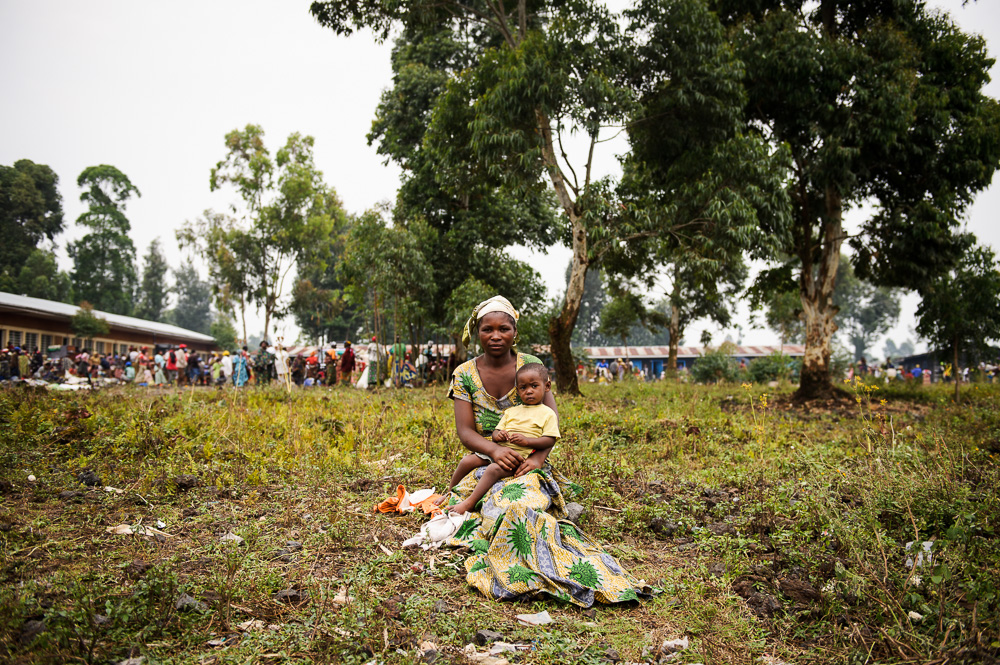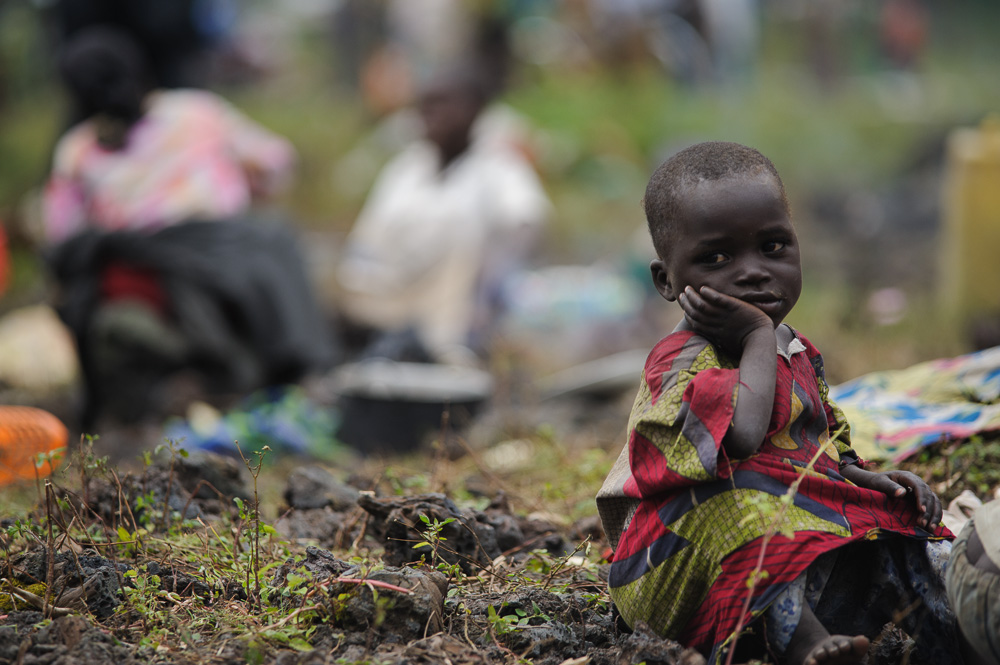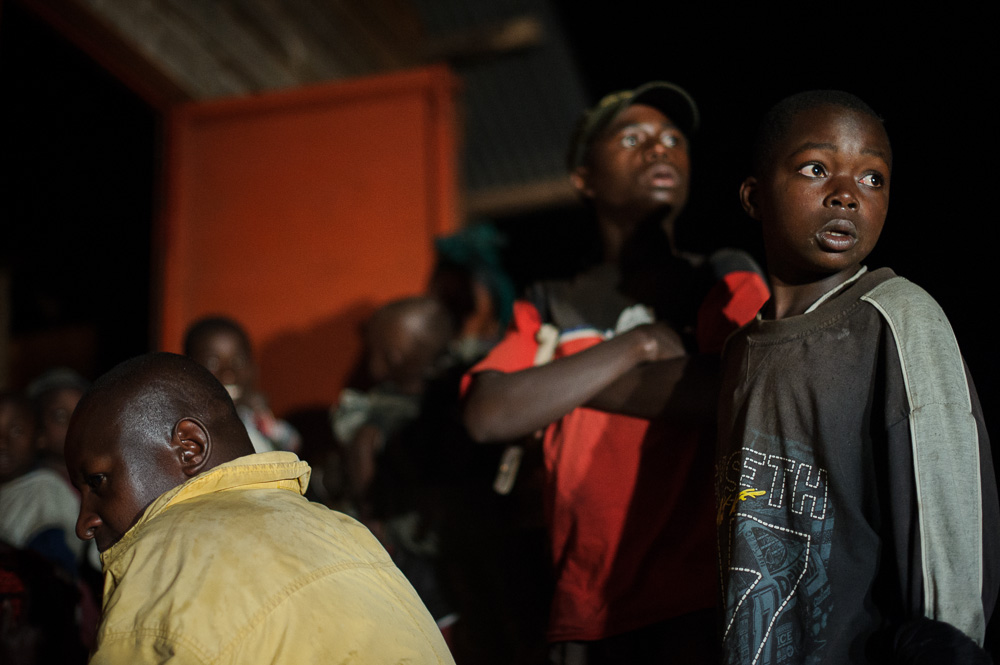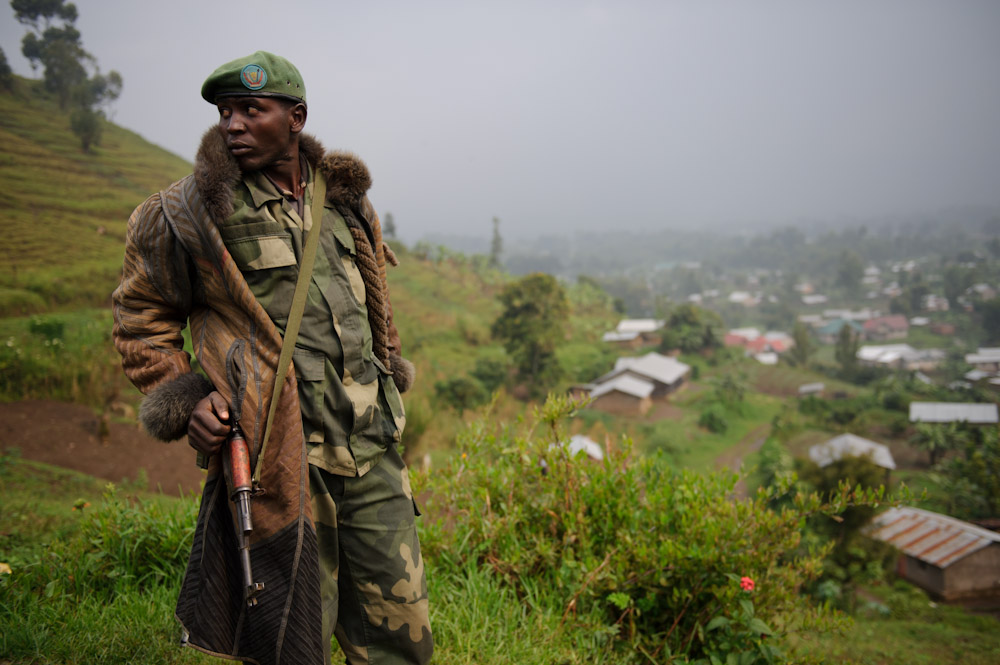When I last crossed the border from Kisoro to Bunagana, the Congolese authorities were in full bureaucratic swing, and battles raged further down the hill. The Congolese army (FARDC) were fighting the M23 rebels, whilst the United Nations swore to protect the town from falling.
Less than two months later, it is now M23 that control the border, and a relative calm exists in the half-emptied town. Men in uniforms identical to those of their FARDC counterparts walk through Bunagana, for the most part, defectors from the army. Though there are those wielding guns that are dressed in other uniforms, of unidentified origin.
Despite fears of an M23 march on Goma — for which defences have been heavily stepped up in recent weeks —
Bishop Jean-Marie Runinga, the political coordinator for the group, says that they have no intention of heading there. He also strongly denies any Rwandan backing of the group, saying, rather incongruously, that if they did have Rwandan support then they would be in Goma by now.
On market-day, shops near to the border are bustling, with trucks being unloaded onto the roadside. At the other end of the town, an eery quiet reigns. Life is continues in Bunagana, but with close proximity to the Ugandan escape route. A border that many are still crossing come night-fall.
Some 20km away in the neighbouring Ugandan tourist-town of Kisoro, thousands fill the Nyakabande Transit Centre. Many have fled due to fears of M23 looting and recruitment, but those remaining in the rebel-held town are testament to the low incidence rate. One man tells me that the soldiers are well-behaved, just that they become a little rowdy at night.
The rebels seem well in control of the area, with none of the gunfire or shelling of my previous visit audible. Their ranks are growing with new defectors, and their confidence is increasing after recent military successes. Yet many of Bunagana’s remaining residents wonder how long the peace will last, and when war will return.














